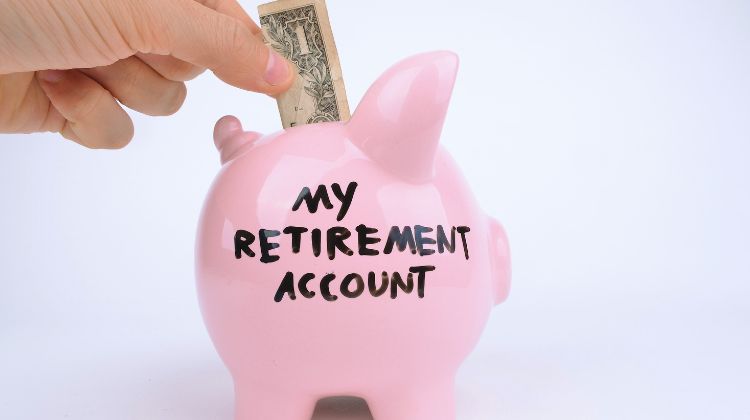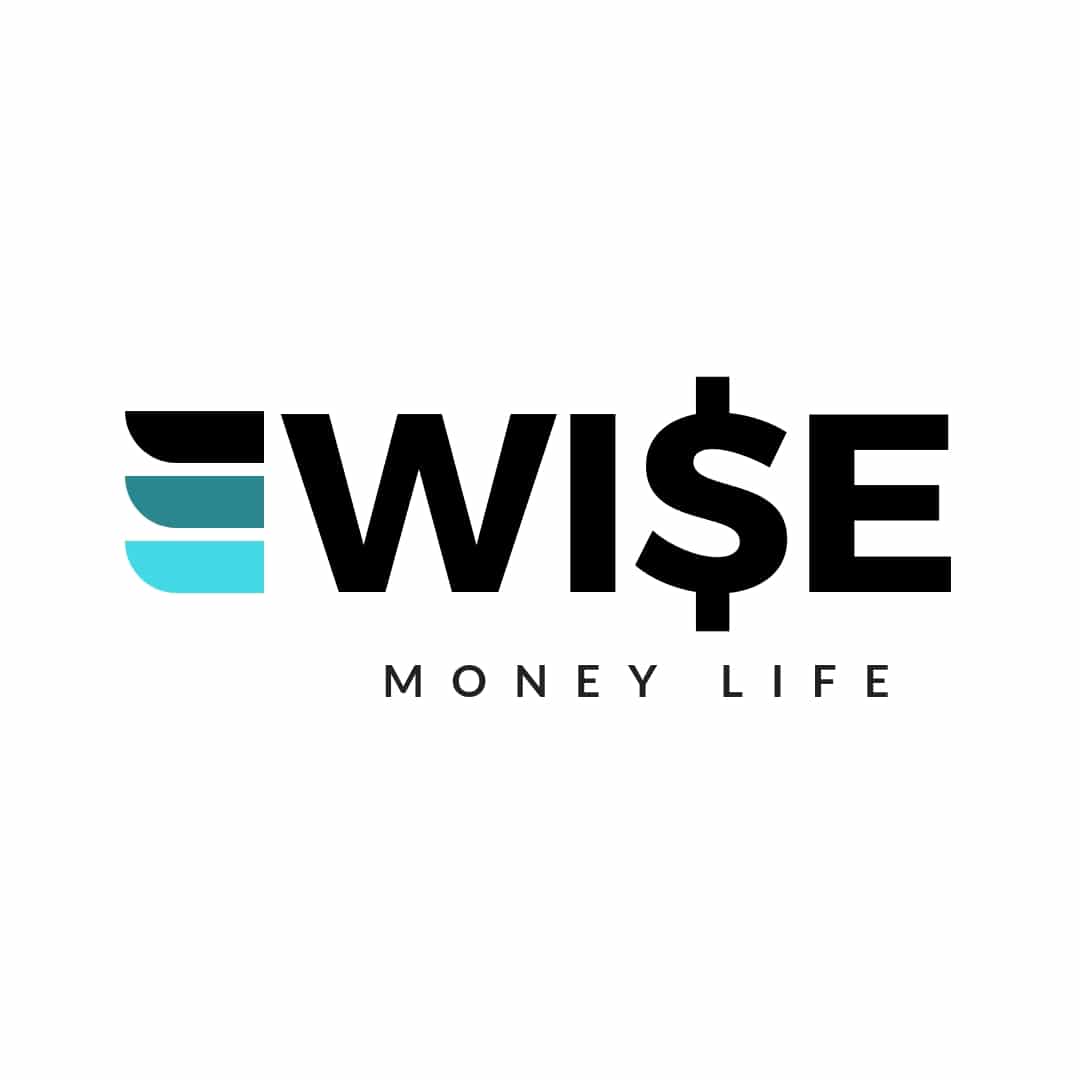For those living the typical middle-class American dream, saving money is often a central component. However, the recent findings from a Santander survey can be a wake-up call. If you are a middle-class American, chances are high that your savings aren’t growing as much as they could be. Why? Because the majority of middle-class Americans aren’t capitalizing on higher interest rates.
64% of middle-income Americans earn less than 3% interest on their primary savings account
Diving into the Numbers
The new Santander survey, conducted in early September, revealed some eyebrow-raising statistics. Shockingly, 64% of middle-income Americans earn less than 3% interest on their primary savings account. To put this into perspective, the top 1% of high-yield savings accounts give close to a 5% interest rate. That’s a significant difference and lost potential!
Moreover, the bank discovered that 22% of consumers don’t even know their savings account’s interest rate. Santander’s CEO, Tim Wennes, highlighted another surprising fact: 36% of those surveyed have savings exceeding $10,000. Considering the potential growth with higher interest rates, these folks might be missing out on a chunk of change.
Why the Reluctance?
The reason most cited for not switching to a higher interest rate? A whopping 37% believe they either don’t have adequate savings or enough money to justify the move. This idea can be a misconception because, as Wennes suggests, even with $10,000, the benefits of higher interest are substantial.
Yet, there’s more than just unawareness. Many are unclear about various savings products. The survey found that some participants weren’t familiar with terms like certificates of deposit, high-yield savings accounts, or money market accounts. These are all tools that can help your savings grow!
The Power of Certificates of Deposit
As we wait for updates on interest rates from the Federal Reserve, one thing remains clear: Certificates of Deposit (CDs) might be the golden ticket. Why? They can lock in higher interest rates for a set period. Currently, the best one-year CDs offer almost 5.75% interest.
Wennes mentioned an increasing customer interest in higher interest rates, leading to a significant rise in CD interest. Ken Tumin, from DepositAccounts.com, suggests that for some, top rates for one-year CDs can be a better deal than other high-yield options. But remember, if you might need to access the saved money within a year, CDs might not be the best choice due to interest penalties.
The Broader Financial Landscape
Apart from the insights on savings, the Santander study gave a glimpse into the broader financial sentiments of middle-class Americans:
- Optimism in Prosperity: 77% believe they can achieve financial prosperity in the next decade, a slight dip from 79% earlier this year.
- Hurdles in the Path: Inflation (51%), debt (15%), and slow wage growth (10%) are seen as the top obstacles to financial prosperity.
- Inheritance Choices: If handed a $50k inheritance, 41% would use it to clear debt, 19% would place it in a high-yield interest account, 12% would invest in stocks, bonds, or mutual funds, and 10% would direct it towards home purchase or improvements.
Interestingly, while 84% of middle income Americans have savings accounts, the majority are earning less than they could. But there’s a silver lining: 53% of respondents are considering or are likely to move their money to a higher-yielding savings account in the coming months.
Conclusion
If you’re a middle-class American, it’s time to examine your savings. Are you getting the most out of your money? As WiseMoneyLife.com always suggests, staying informed and making educated choices can make a world of difference to your financial health. Don’t let your hard-earned money sit idle. Dive into the details, compare rates, and make your money work for you!









Reader Interactions